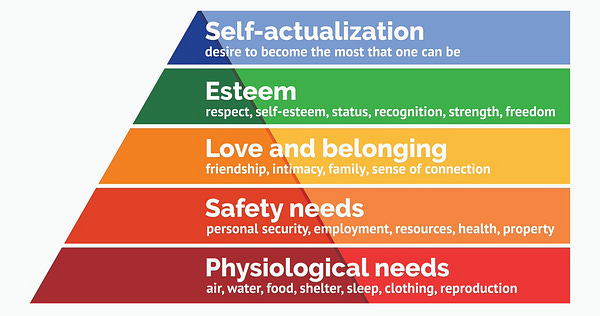Teachers in Columbus, Ohio are on the verge of striking for the first time since 1975. The Columbus Education Association issued a “notice of intent” to strike, which they must do at least 10 days prior to initiating a strike.
It’s possible, according to the Columbus Dispatch, that the union could be on strike by the first day of school, August 22nd. In fact, the school board has indicated they are preparing for an “alternate” opening to school in light of the possibility.
Are Columbus teachers asking for a giant pay raise or a lavish benefits package?
Nope.
Here’s what they want:
Fuentes said the union is asking for smaller class sizes; full-time art, music and physical education teachers; functioning heating and cooling systems in schools; giving teachers more planning time; a cap on the number of class periods in the day; and "other working conditions that recruit and retain the best educators for our students."


They don’t currently have functioning heat and air, you ask.
Well, no.
Here’s the school board’s President talking about the issue:
"The board’s final offer also addresses our commitment to ensure that our buildings have power, heat, air conditioning, and water to create a learning environment that promotes the well-being of students and teachers,"
Hey, so they’re committed to things like water and power and heat and air.
Sure, they may not be there just yet, but teachers should just get over it and get to work.
THIS IS WHY THERE’S A TEACHER SHORTAGE!
There’s a shortage of people willing to spend their days in an overcrowded classroom in a school that may not always have water or power and may also be lacking functioning heating and air conditioning.
I mean, sure, more pay would be great - but can you get some damn heat? Have you been in central Ohio in winter?
The fact that teachers have to threaten to strike to get attention focused on these basic needs tells you ALL you need to know.
Yes, Another Teacher Shortage Story
This one’s out of Georgia.
House Bill 385, signed into law earlier this year, allows certain retired teachers to return to the classroom while continuing to collect their full pension and full-time pay.
According to the Teachers Retirement System of Georgia, more than 56,000 retirees qualify but less than 100 have contacted the system about returning.
Like many states, Georgia is dealing with a teacher shortage - districts around the state report being unable to find qualified candidates to fill vacant positions.
A similar story is unfolding in Des Moines, Iowa, where retired teachers can earn their full pay plus a $50,000 bonus. Despite the offer, the district is still struggling to fill open positions.
Peter Greene offers some insight into all this shortage talk:
You can’t solve a problem starting with the wrong diagnosis. If I can’t buy a Porsche for $1.98, that doesn’t mean there’s an automobile shortage. If I can’t get a fine dining meal for a buck, that doesn’t mean there’s a food shortage. And if appropriately skilled humans don’t want to work for me under the conditions I’ve set, that doesn’t mean there’s a human shortage.
Greene suggests that there are, in fact, qualified people to take the jobs - and the stories about well-qualified teacher retirees refusing to take incentives seem to prove his point. The problem, then, is that those qualified people aren’t taking the jobs and college students are choosing NOT to go into education.
Why? Well, look at Columbus. No heat and air in buildings, overcrowded classrooms, lack of music, art, and PE for kids.
Here’s how Greene sums it up:
Money is obviously an issue, as witnessed by a year’s worth of “teachers can’t live on a single teaching salary” stories. But over the past couple of decades teachers have also suffered a steady drumbeat of disrespect, the repeated refrain that US schools are failing and terrible, an accountability movement that is more about threats than support.
A Persistent Privatization Push
Another factor could well be the politics surrounding education. More specifically, the persistent push to privatize public schools.
A Tennessee dark money group spent at least $400,000 this summer in legislative primaries in order to help elect pro-privatization candidates to office.
Efforts like this mean those who end up making policy about K-12 education actually have little interest in successful public education. In fact, the more they can point to “failing” public schools (including those with staffing shortages), the better for pushing privatization policy.





